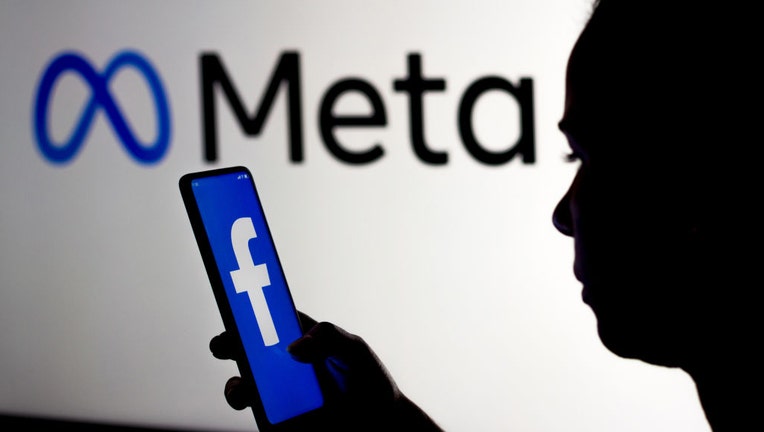
Dozens of US states have accused Meta, the parent company of Facebook and Instagram, of profiteering “from children’s pain,” harming their mental health, and misleading people about the safety of its services. The claim, which was filed in federal court in Oakland, California, adds to the growing scrutiny of social media behemoths over how they serve their youngest users. More than 40 US states are suing Meta, however, some have chosen to suit in state courts rather than join the federal case. The claim accuses Meta of fraudulent and illegal behavior, causing harm to vulnerable adolescents for financial benefit. The states are requesting a court order ordering Meta to stop the alleged illegal acts and imposing civil fines for each alleged breach of state and federal law.
Meta stated that it is dedicated to keeping kids safe online and has developed more than 30 tools to assist youths and their families
According to the civil petition, Meta “exploited” adolescent users by developing a marketing strategy that maximized their time on the platform despite harm to their health. Former Meta employee Frances Haugen emerged as a whistleblower with papers revealing internal activities late in 2021, bringing to light the argument that social media corporations bear responsibility for the possible harm their products cause to young people. The probe was begun when Facebook whistleblower Frances Haugen revealed over 20,000 pages of internal information, sparking criticism that the social media company had prioritized profit before user safety.
During testimony to American and European lawmakers in 2021, she insisted that Facebook failed to curtail toxic content and that the company cannot be trusted to change its ways. Facebook later that year changed its name to Meta in a move critics suspected was intended to distance the company from its social networking controversies.
Meta stated that it is dedicated to keeping kids safe online and has developed more than 30 tools to assist youths and their families.
The firm stated that it was “disappointed” by the complaint and that the states were not collaborating with the various social media platforms to develop age-appropriate standards. It said that it had created more than 30 tools in its apps to help adolescent users and that it had made it easier for parents to “shape” their children’s online activity. Given the popularity of rivals such as TikTok, YouTube, and Snap, Meta alleged that the attorneys general have singled out the firm rather than pursuing industry-wide solutions.
